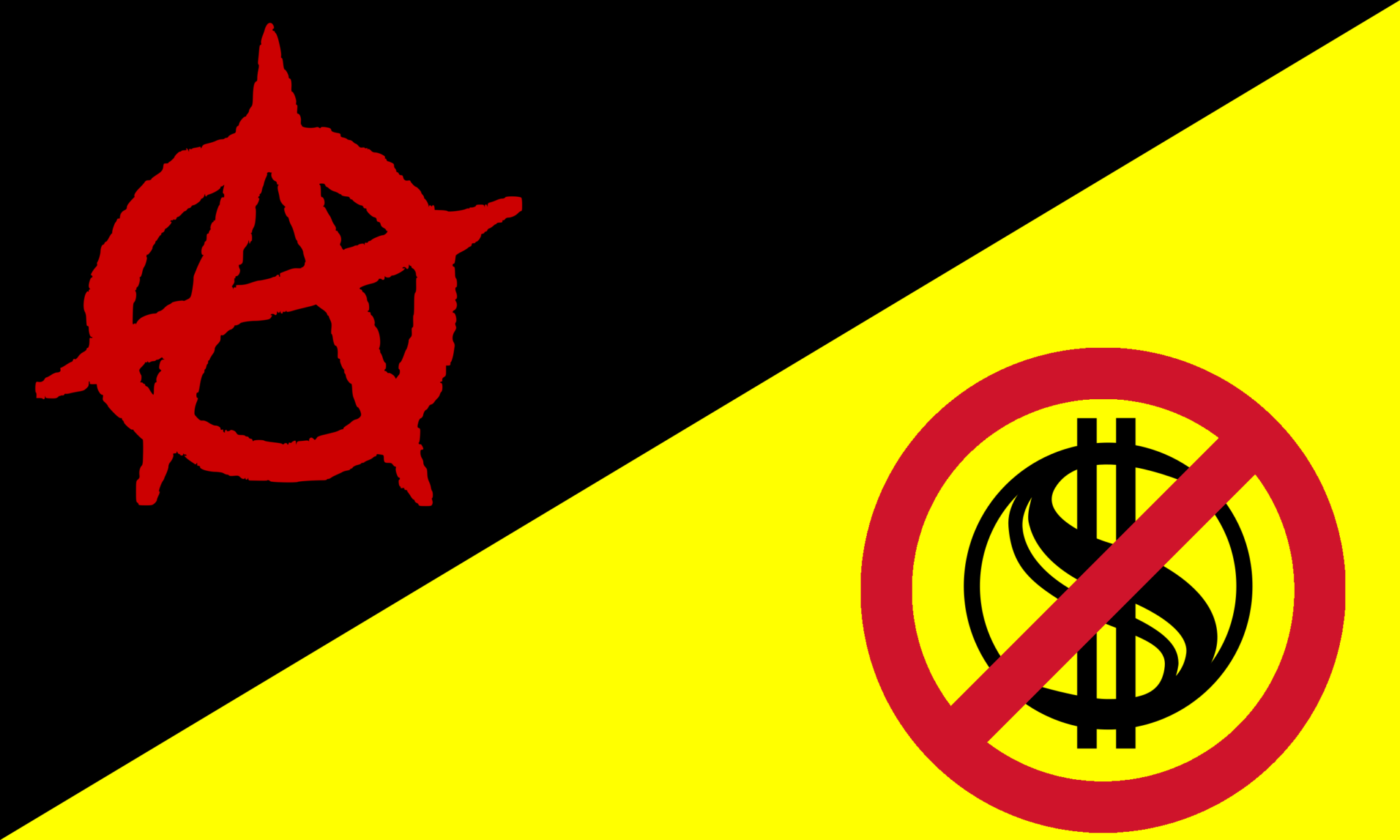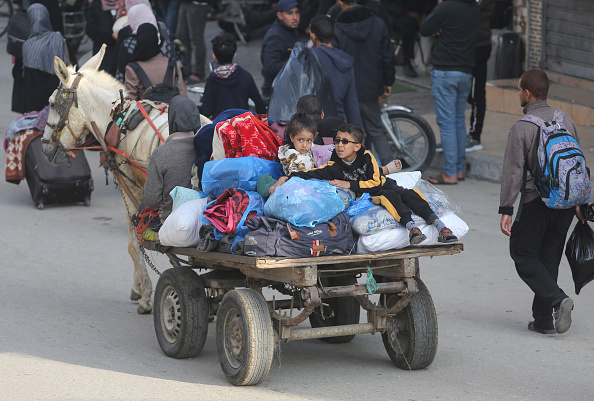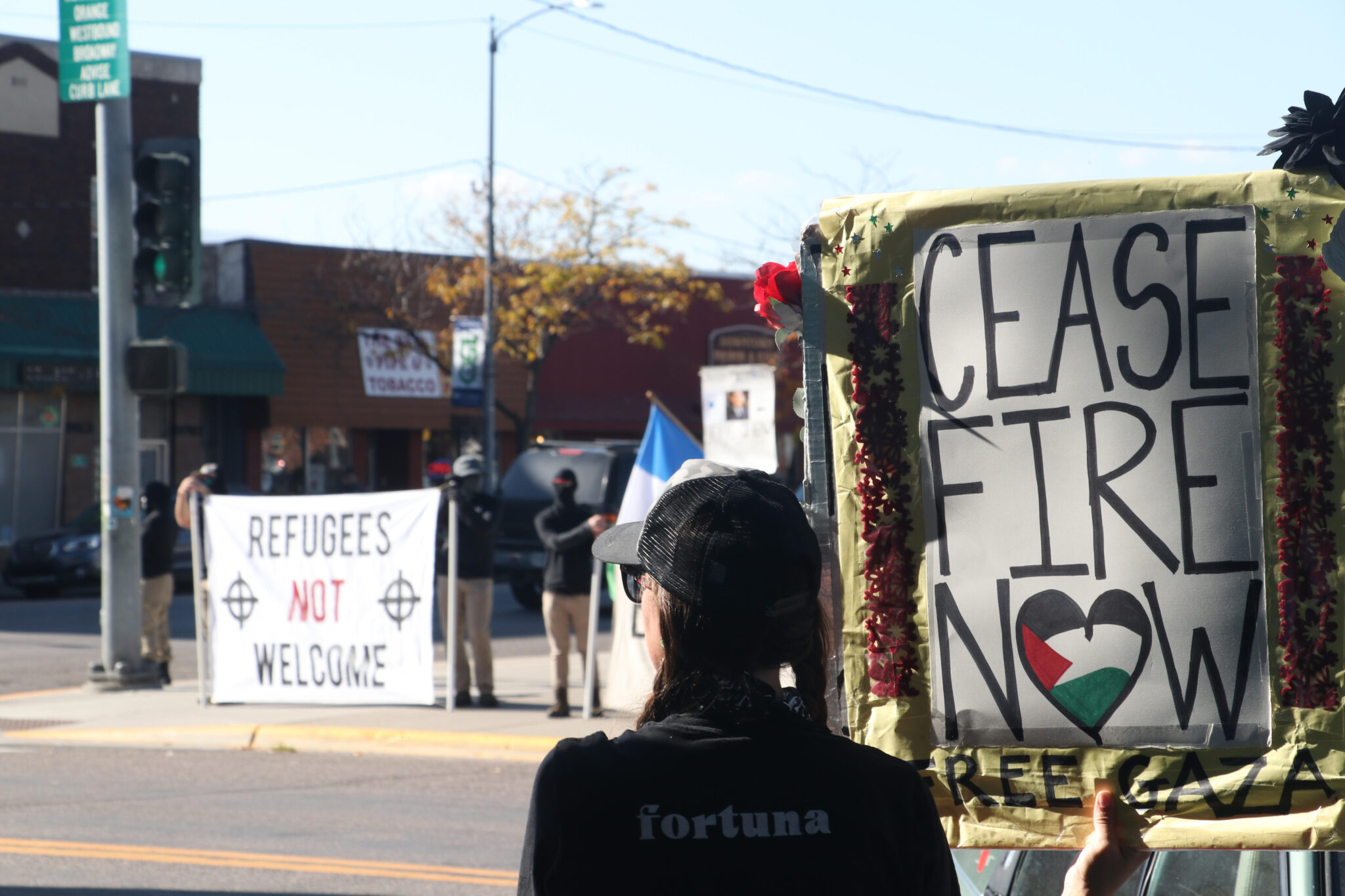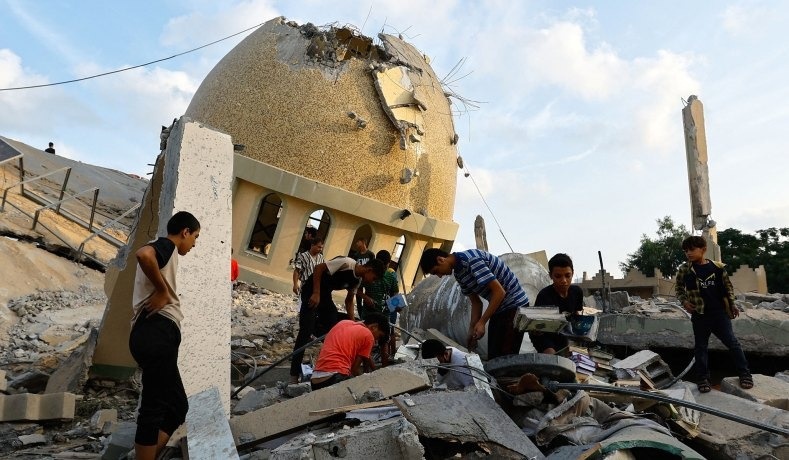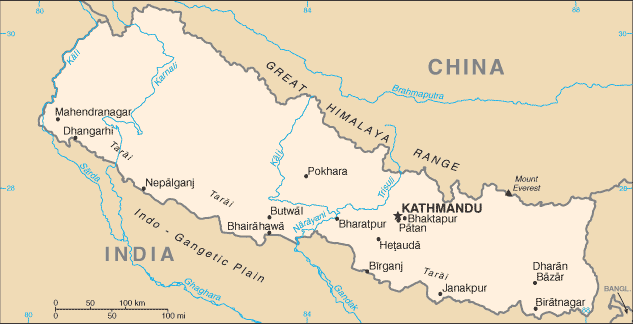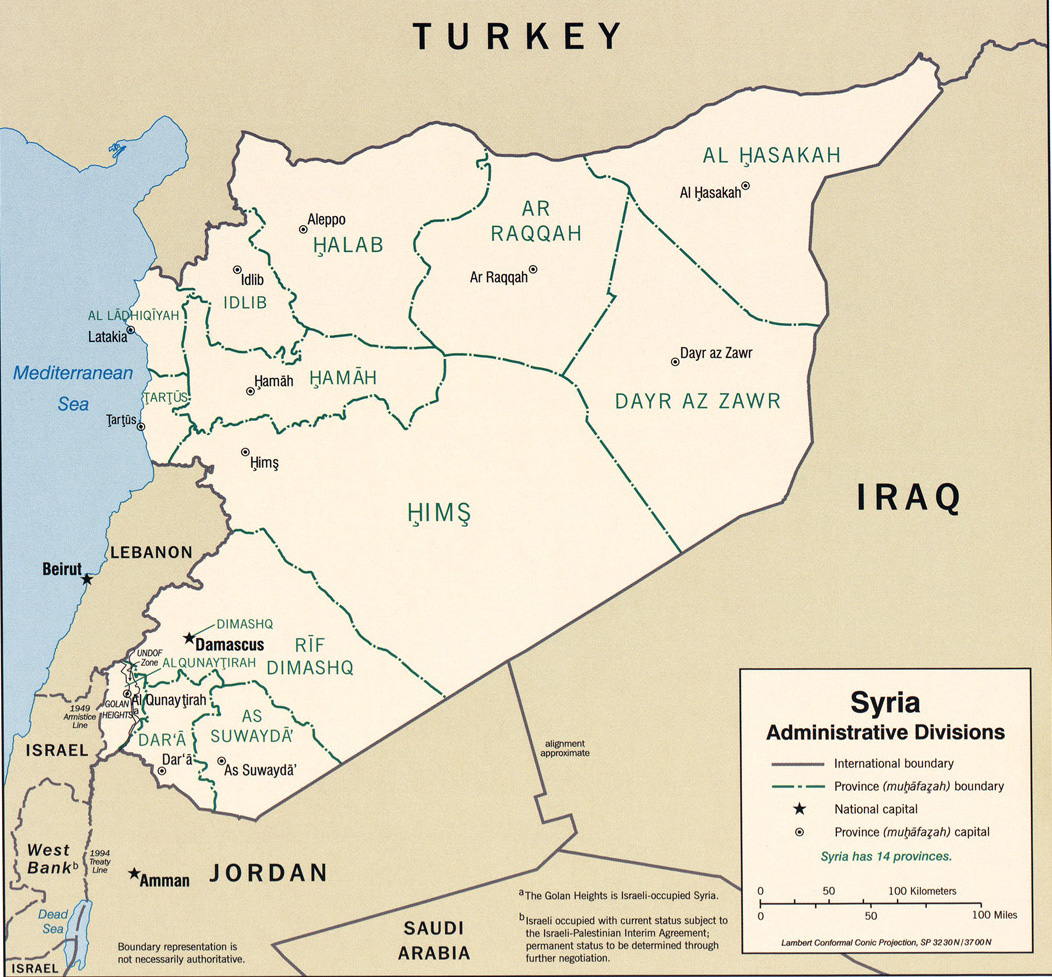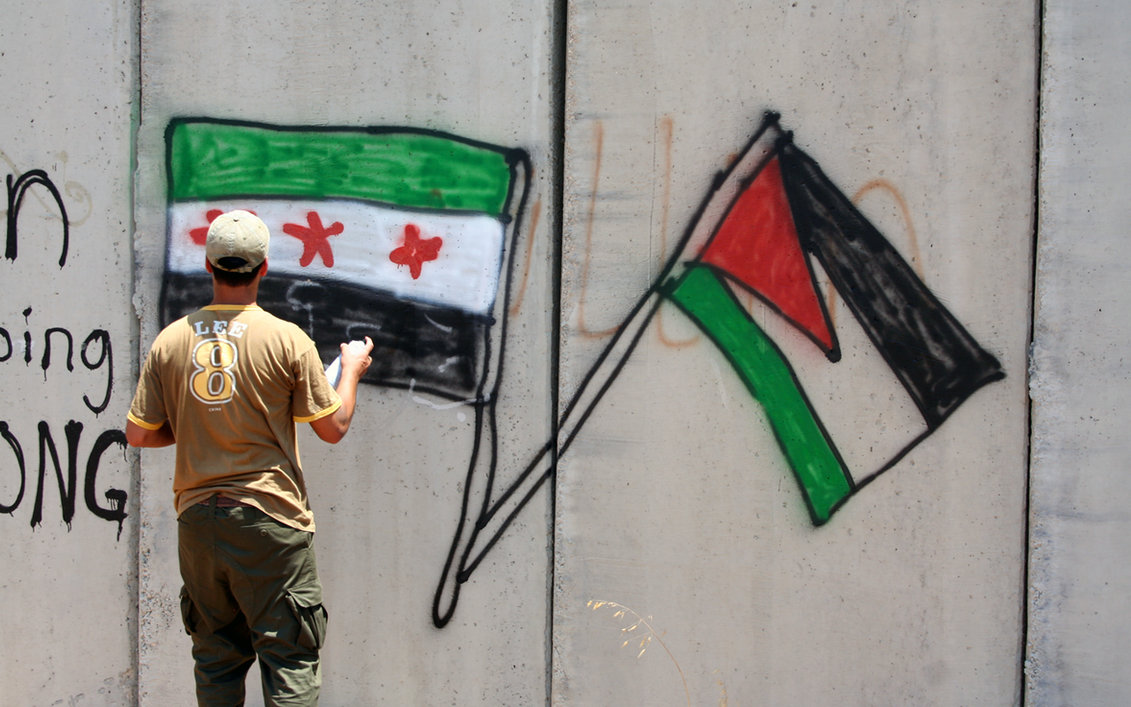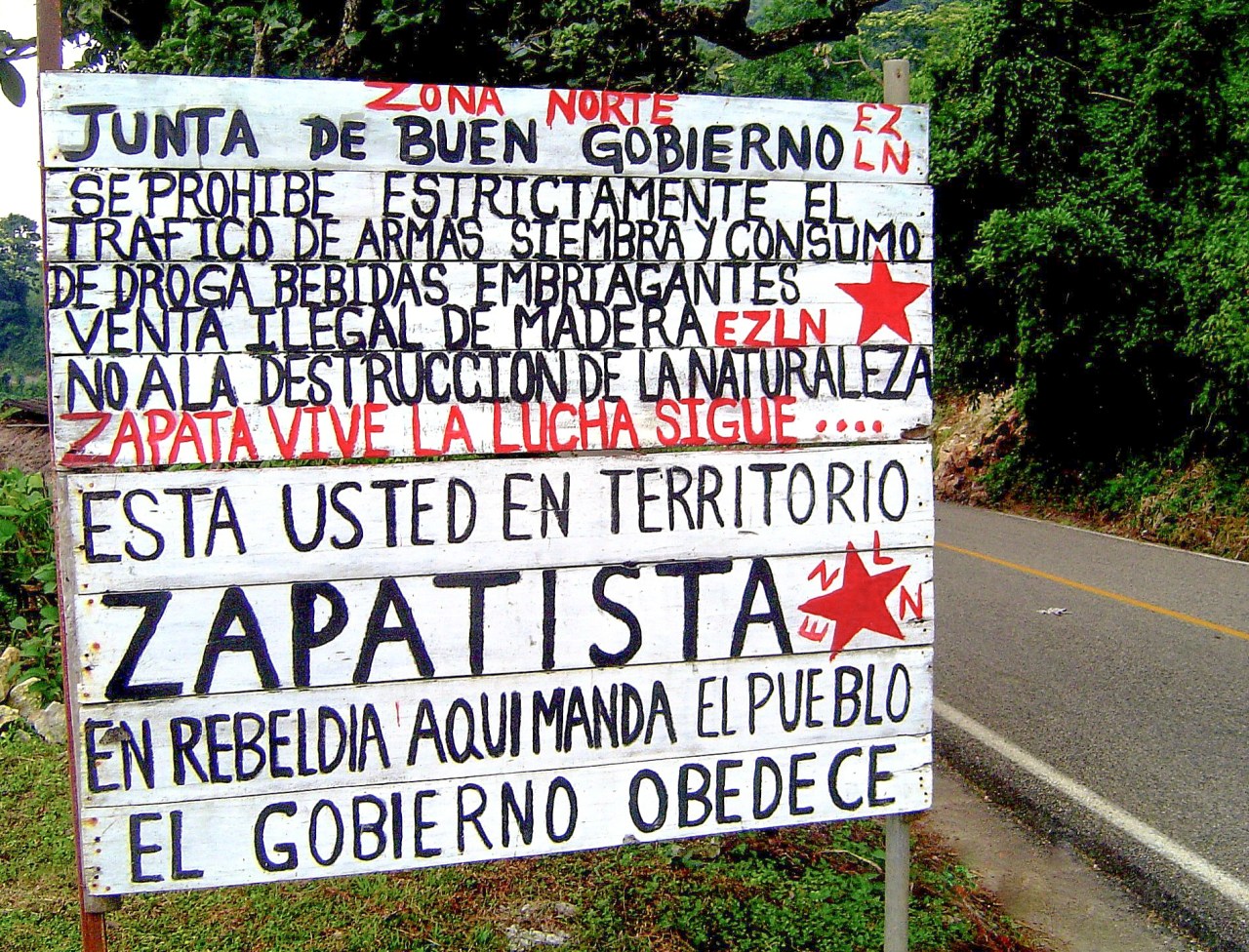Drone massacre in northwest Nigeria
The Nigerian military says it is investigating an army drone attack at a religious gathering on a village in northwest Kaduna state that killed 85 civilians and wounded more than 60 others. Residents of Tudun Biri village were holding festivities for the birthday of the Prophet Muhammad, Eid-e-Milad an-Nabi, when the drone struck. Since 2017, hundreds of civilians have been killed in air-strikes carried out by the Nigerian military, ostensibly targeting armed rebel and bandit groups, according to monitors. (Map: Perry-Castañeda Library)



